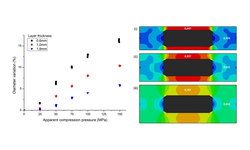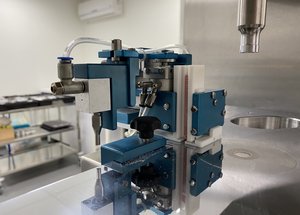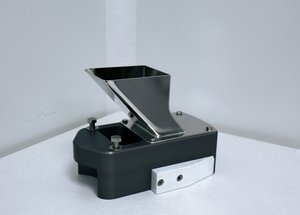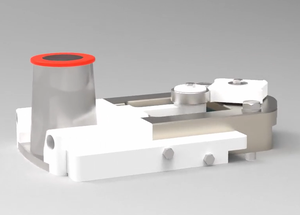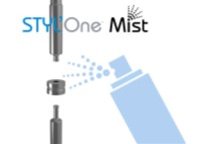Scientific papers
Capping poses a significant challenge in pharmaceutical powder compression, particularly in the context of biconvex tablets. Some studies suggest that capping results from a shear failure. Therefore, investigating shear strength becomes crucial in understanding the capping propensity of a formulation. This study initially delved into the theoretical aspects of the ratio between shear strength and tensile strength obtained through diametral compression, considering various failure criteria. Subsequently, a shear test, commonly conducted on bilayer tablets, was adapted for monolayer tablets. The shear strength of five products, two of which exhibited a known capping tendency, was compared with the strengths obtained in diametral compression and uniaxial compression tests. The findings indicated that, for formulations prone to capping, the ratio between shear strength and diametral compression strength was lower than for other products. The capping tendency in these formulations was attributed to their inherent weakness in shear, which correlated with their mechanical anisotropy, as reported in the literature. In summary, the fundamental cause of the observed capping tendency in the studied cases was the anisotropic strength of the tablets.
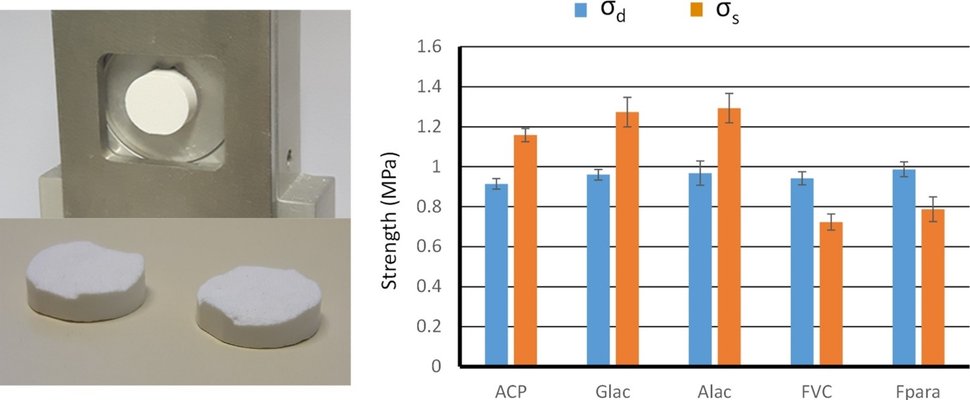
Comments
No comments posted yet.
Add a comment

